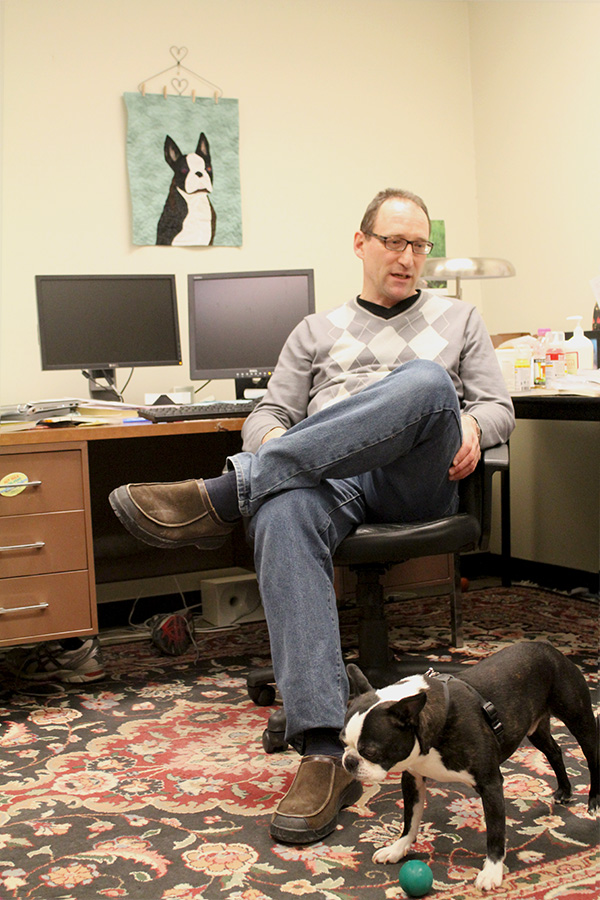
A Binghamton University professor has proposed a way to reform the filibuster process in the U.S. Senate in an article slated to be published today in the Christian Science Monitor.
The article is one of three written by Jonathan Krasno, an associate professor in BU’s political science department, and his co-author Gregory Robinson, a professor in the political science department, about filibuster reform. The two previous pieces appeared in The Hill on Nov. 3, 2009 and Roll Call on Jan. 29, 2010.
“There used to be a sense of manners in the Senate,” said Krasno, while explaining why filibusters have become such a big issue.
According to Krasno, there were certain rules that everyone used to abide by and senators understood that a filibuster was not a good thing and should not be abused. It has now become “literally effortless” to hold a filibuster.
“Someone could be sitting on their couch at home holding a filibuster,” Krasno said. He also said this has made the process of passing bills a difficult task.
Most bills now need a supermajority to be passed. Furthermore, the same number of senators must vote in order to stop a filibuster, which is used almost every time there is a disagreement in the senate. This and the constant threat of filibuster has stopped senators from even proposing bills that might otherwise have a chance of being passed.
Krasno said that the reason that filibusters have gotten so out of hand is that it is too easy to keep one going. His reform plan focuses on the rules that sustain a filibuster. Traditionally, in order to stop a filibuster, senators must vote for cloture. Sixteen members who opposed the filibuster must present a motion for cloture. Once that motion is presented, three-fifths of the members present must vote to stop the filibuster.
Currently, the senators who are in favor of the filibuster do not need to be present on the Senate floor to continue it. In the past there needed to be at least one person who was part of the filibuster doing some work.
“Rules should require senators to work for filibusters,” Krasno said.
His proposal is in favor of a more traditional type of filibuster, “like the type you see when you watch ‘Mr. Smith Goes to Washington,'” Krasno said.
The unique part of Krasno’s proposal is that it reverses the way clotures work. Instead of senators voting to stop the filibuster, senators must now vote to keep the filibuster going. In this way, senators must work for and show support for the filibuster they have started.
To show support for these reforms, a coalition of interest groups including the AFL-CIO signed a letter that outlined the premise of Krasno’s proposed reform.
“Instead of requiring that those seeking to break a filibuster muster a specified number of votes, the burden should be shifted to require those filibustering to produce a specified number of votes to continue the filibuster,” the letter stated.
The proposal was worked into a bill proposed by Oregon’s Democratic Sen. Jeff Merkley, but the bill did not pass.
Recently, Krasno has been trying to get the proposal looked over by Sen. Charles Schumer, the chairman of the Senate Rules and Administration committee.
According to Krasno, the treatment he received from Schumer’s office was disappointing.
“I thought that it was the sort of thing he’d like to see, but after repeated efforts, I never got any response,” Krasno said. He explained that he was “treated like a pest,” rather than a constituent with a helpful idea.
Schumer’s office did not comment in advance of Krasno’s article, which is scheduled to be published today.


